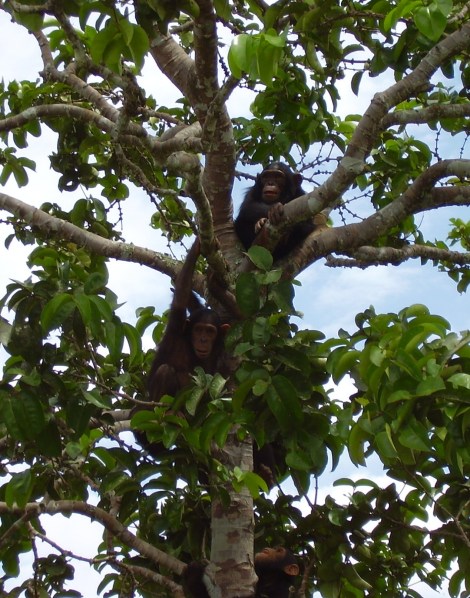Ecotourism has steadily increased in popularity over the past decade, with more and more travellers choosing vacations that bring them closer to exotic wildlife and uninhabited natural preserves. This increase in animal and nature-centric travel can be hugely beneficial to conservation goals: it tells us that people are interested in seeing the natural world, and therefore, in protecting it.
Booming tourist activity can encourage conservation by placing a high value on wildlife and forests. When natural environments are valued highly, people are more invested in protecting them, and conservation efforts are more likely to be met with enthusiastic support. Likewise, ecotourism can empower local communities by creating a solid network of new economic avenues and income-generating activities. In this way, ecotourism is the best of both worlds; it creates jobs for local people in struggling communities without further hampering the natural environment.
However, ecotourism still comes with strings attached, particularly when considering large, complex mammals like the great apes. Wild animals are normally weary of humans, and tend to startle and hide when confronted with loud noises. Because of this, groups of animals have to be habituated to human presence: essentially, local guides or officials must persistently track and watch the group until the animals are used to being watched by groups of people. Habituating the great apes, including chimpanzees, involves closely following a group almost daily, for hours a day. Even with this intensive schedule, it can sometimes take up to 2 years before the apes are fully comfortable in the presence of tourists.
Comfortable might be the wrong word, because habituating apes to that point comes at a cost to the apes themselves. The habituation process is often stressful for apes, who do not understand the sudden presence of people in their homes. In fact, habituation has been shown to change the typical daily behavior of great apes, both in terms of how they act and where they move within the forest (Klailova et al, 2010). Habituation can also impact the relationship that great apes have with humans; the habituation process can encourage aggressive outbursts from the apes, sometimes directed towards the habituaters (Klailova et al, 2010). Even after the group has been habituated, the continued presence of tourists has the potential to increase ape stress levels, which in turn impacts the health and behaviour of the individual and of their group (Klailova et al, 2010).
The question becomes, is there a way that great ape tourism can be improved to correct these unfortunate consequences? In a study of gorilla behaviour in the presence of humans, Klailova et al suggest that the key may be in regulating the scale of tourist activities (2010). The authors believe that many problems associated with tourism and habituation are rooted in the disruption that large groups of tourists create while tracking animals. The solution might therefore be reducing this impact: limiting the size of tourist groups, the number of groups allowed to enter the forest each day, and monitoring the proximity of groups to the apes. Though these suggestions were made with gorillas in mind, they apply equally to chimpanzees, who face similar problems with stress and aggression when persistently near humans (McLennan & Hill, 2010).
There is no questioning that ecotourism can be a positive force in great ape conservation. But for its benefits to truly be realized, it’s important to consider not only the health of the environment and nearby people, but of the apes we are striving to save.
Works Cited
Klailova, M., Hodgkinson, C. & Lee, P. (2010). Behavioral responses of one western lowland gorilla (Gorilla gorilla gorilla) group at Bai Hokou, Central African Republic, to tourists, researchers, and trackers. American Journal of Primatology, 72, 897-906.
McLennan, M. & Hill, C. (2010). Chimpanzee responses to researchers in a disturbed forest-farm mosaic at Bulindi, Western Uganda. American Journal of Primatology, 72, 907-918.

Pingback: Malui Gorilla & Her Butterflies « MisBehaved Woman·
I am a great believer in ecotourism as it puts emphasis on the value of the world’s biodiversity, however, the negative impacts inflicted upon wildlife, i.e. human impacts (such as littering) and disturbing natural behaviour, outweigh the gains. Yet, I feel that ecotourism is too beneficial to be eradicated completely, so the solutions mentioned above should be made to reduce the impact on the wildlife while maintaining the vast benefits of promoting the world’s biodiversity.